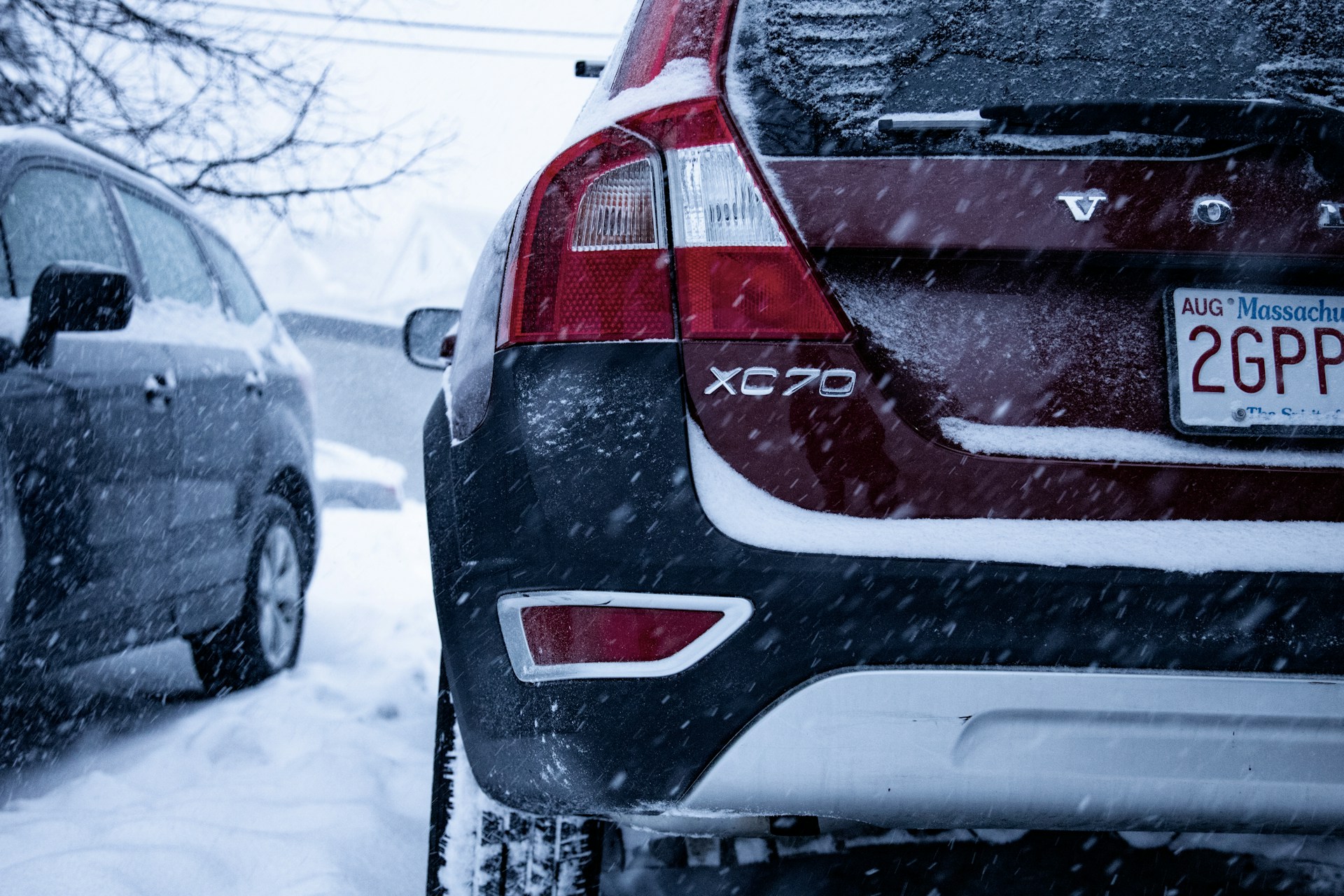
Winter car storage is essential for protecting your vehicle from the harsh elements and ensuring that it remains in good condition when you’re not driving it regularly. However, be aware that leaving a car unused for an extended period of time can lead to issues like battery drainage, rust, rodent damage, moisture building, and more. To safeguard your vehicle, it’s important to learn the key steps to protect your car in storage during the wintertime so that your car remains drivable. To that end, below are the key tips to ensure a safe and secure winter car storage experience.
Before storing your car for an extended period of time, it’s important to prepare it thoroughly to prevent potential issues. Begin by cleaning out the car on both the inside and outside. Remove all debris, vacuum the interior, and wash the exterior to get rid of dirt, salt, and grime that can contribute to corrosion.
Additionally, take the time to check fluid levels such as coolant, brake fluid, and engine oil, ensuring they are topped up to avoid leaks or potential engine damage. Pay close attention to the battery as well as a dead battery can be a common issue during long-term storage. Consider disconnecting the battery or using a battery maintainer to keep it charged and ready when you need to use the car again.
Leaving your vehicle parked for an extended period of time can make it vulnerable to theft. To reduce this risk, take the proper steps to enhance your car’s security. One effective method is to use a steering wheel lock or GPS tracking device. These tools can add a layer of protection by making it more difficult for thieves to access and move the vehicle off your property.
If you are storing your car outdoors, such as under a carport, consider installing security cameras or motion detectors around the storage area. Additionally, choose a well-lit storage location that can potentially deter intruders. Indoor storage options such as secure garages or storage facilities are still always the best option, though, as they provide a safer environment.
Rodents and pests are another major issue that vehicle owners face when storing their vehicle for a long period of time. These nuisances can chew through wires, insulation, and other components which can lead to costly repairs. To minimize this risk, you should take preventative measures by using pest repellants such as mothballs, natural rodent deterrents, or specialized sprays that keep pests away from your vehicle.
Additionally, seal any entry points such as vents, windows, and gaps around the vehicle in order to prevent rodents from getting inside. Ensure that the storage space is both clean and free of clutter as this will reduce the number of potential nesting sites for pests.
Moisture buildup is a significant concern during winter car storage as excess moisture can lead to mold, mildew, and rust which can cause long-term damage to your vehicle. Proper ventilation is the key to preventing this, so ensure your car has adequate ventilation by slightly cracking windows or leaving the vents open.
Using desiccant bags or moisture absorbers, placed inside your vehicle, can also help to absorb excess humidity. Check for leaks and potential areas where water could seep into the vehicle as well as ensure that the storage space itself is dry and well-maintained.
Beyond all of the safety measures listed above, maintaining your vehicle during long-term storage is important. Regularly start the car and let it run for short periods, ideally once a month, as this will keep the engine components lubricated and prevent the battery from fully draining. If at all possible, perform a quick inspection of your vehicle every few weeks to check for signs of deterioration, including looking at the tire pressure, fluid levels, and the condition of the tires. Keeping your tires properly inflated will be essential to preventing flat spots and maintaining even wear, even when the vehicle is not in use.
Properly preparing and maintaining your vehicle during winter storage is essential for its longevity and performance. By following theses safety tips, including preparing your vehicle, enhancing the security on your property, and managing moisture, you can ensure your car remains in excellent condition until you’re ready to use it. Taking proactive steps will minimize potential issues and provide you with peace of mind throughout the winter months.